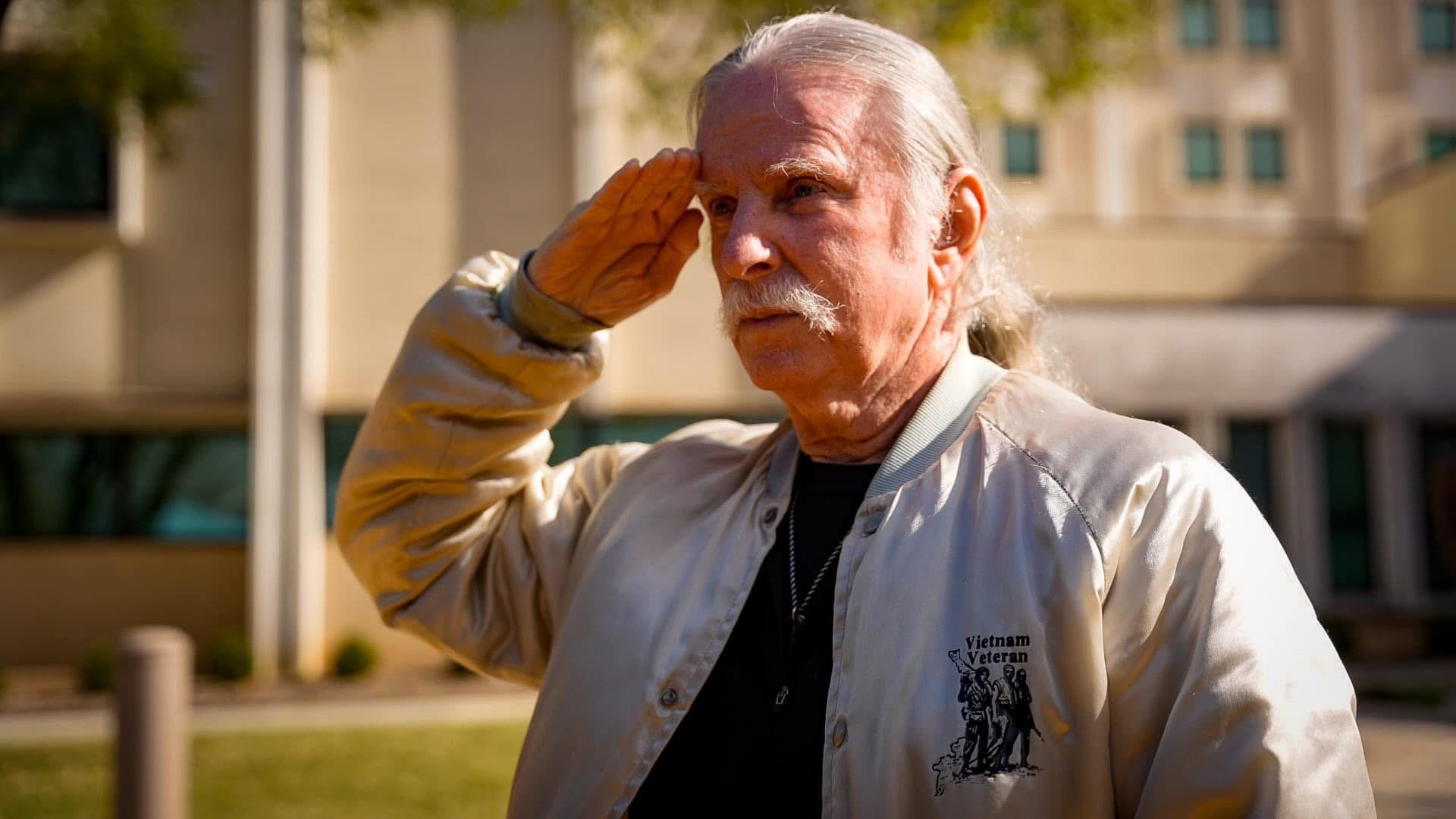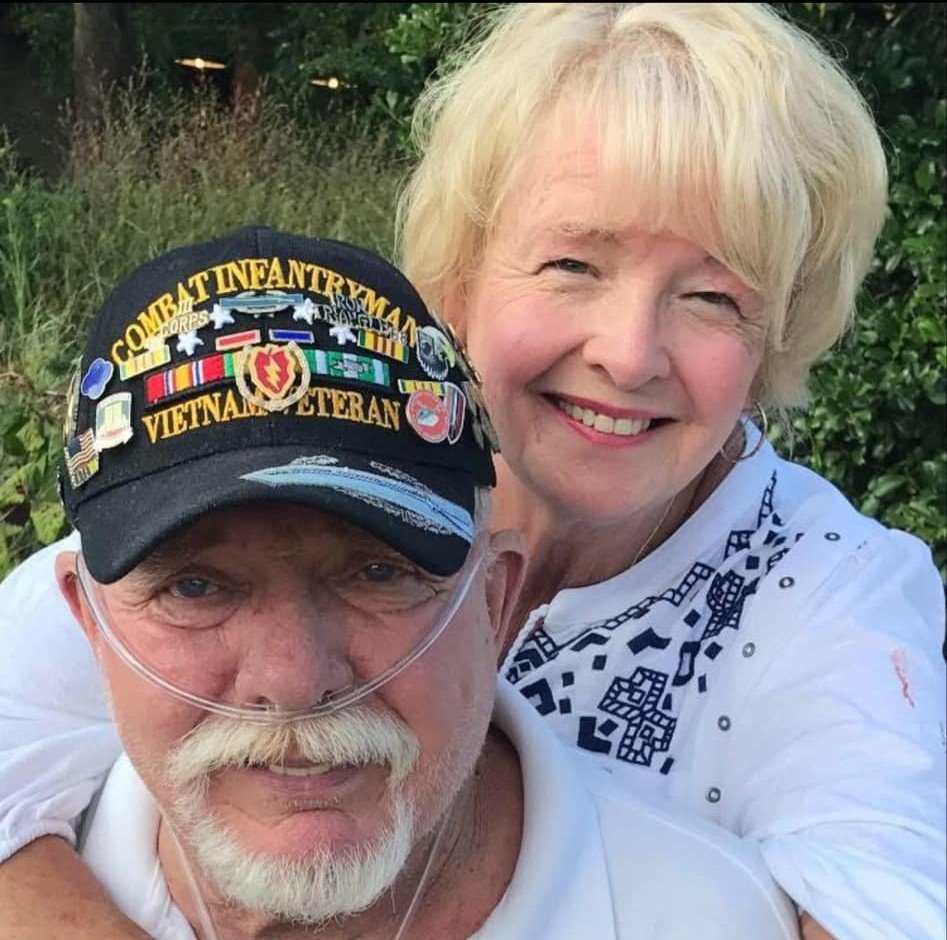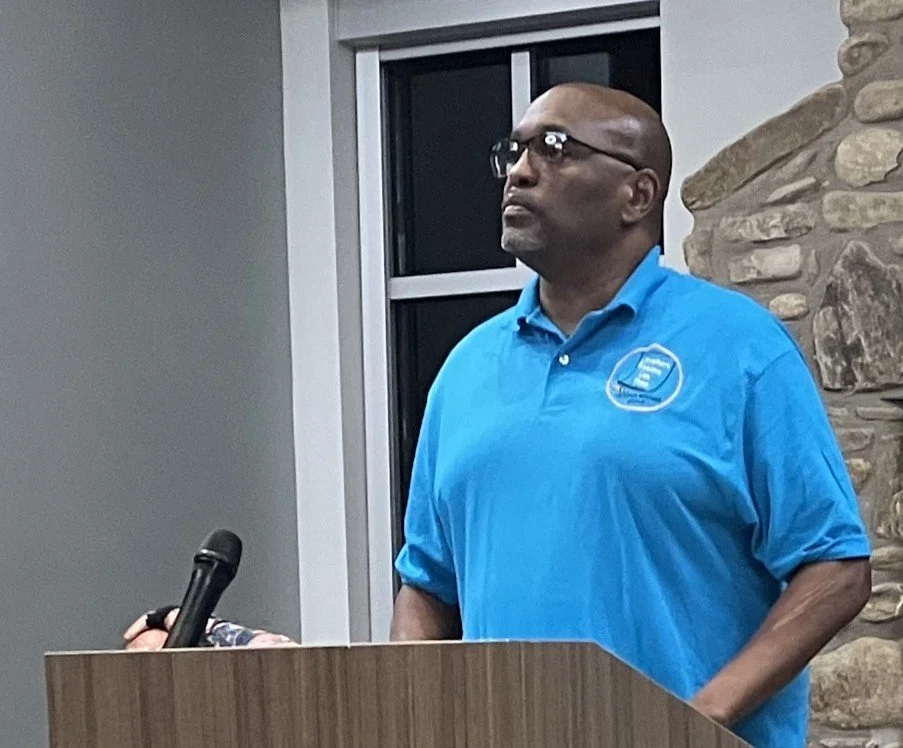

B&SLT Board of Directors
Steve
Ron
Allan
Emiliano

Part I
Our story
How Brothers Like These came to be:
In spring of 2014, Joseph Bathanti, a Creative Writing Professor at Appalachian State University and then North Carolina Poet Laureate, and Dr. Bruce Kelly, a primary care physician at the Charles George VA Medical Center in Asheville, began conversations about launching a creative program for Vietnam Veterans in Kelly’s care who were struggling with PTSD. Kelly had been pioneering Medical Humanities at the VA, as well as a community-based Arts in Medicine program – programs that transformed what healing looks like for wounded veterans. Bathanti, in his two-year signature project as poet laureate, had worked with returning combat veterans and their families to harvest their war-time stories through various strands of creative writing.
After months of strategizing and wrangling with red tape, Bathanti and Kelly began meeting with cohorts of Vietnam Veterans in Classroom B, an out of the way room in the basement of the Asheville VA, where they gathered weekly to write. In January of 2016 –through the generosity of the NC Arts Council, the NC Humanities Council, the cooperation of Appalachian State University, and Kelly’s unflagging determination – Bathanti assumed the role of Charles George VA Medical Center Writer-in-Residence.
Those weekly sessions yielded extraordinary, breathtaking writing. In Classroom B those Vietnam Veterans – none of whom would have ever called themselves writers, but boy can they write – committed to paper stories that had been banging around inside of them, often deviling them, since their service in Vietnam – the same stories that empowered and lifted them, and for which they discovered language and voices. Each time one of the men read his story aloud to the others, there were nods of recognition. Those men gave one another the strength and permission to tell their stories – and it’s crucial to mention that these men had not known one another before crossing the risky threshold into Classroom B. They had been brothers, of course, long before they had ever met. They understood one another perfectly, and understood as well their respective stories of the war they had each kept secret for fifty years – and then those stories came out, first in trickles, then in torrents, and it hasn’t stopped, nor will it.
Brothers Like These, a staged reading of those Vietnam Veterans reading the work they produced in classroom B, premiered on August 31, 2016 at the Asheville Community Theater, and was later reprised at Appalachian State University on April 19, 2017. It’s been performed in Franklin, NC, Old Fort, NC, at the Vietnam Veterans of America annual mid-Atlantic Convention in Durham, NC, and was excerpted at the Carolina Mountains Literary Festival in Burnsville, NC in September of 2019 and at the North Carolina Writers Network Annual Conference in Asheville, also in 2019. What’s more it continues to be performed in venues across the state.
Brothers Like These weaves the remarkable voices of unimaginably brave soldiers who gave their all during the Vietnam War. These are stories and poems, large and small, funny and heartbreaking — not just invaluable to succeeding generations of soldiers, but to every citizen of our country, and beyond. In April of 2017, the book, Brothers Like These, was published by St. Andrews University Press, and remains the Press’s best-seller.
—Joseph Bathanti
Professor of English at Appalachian State University;
McFarlane Family Distinguished Professor of Interdisciplinary Education;
NC Poet Laureate (2012-2014)

Part II
Moving Forward to: Brothers and Sisters Like These
The founding members of B&SLT saw the benefits of creative writing and came to the realization that the healing process should be opened to women Veterans as well.
Currently, B&SLT is looking to include as diverse of a group of Veterans as possible. This is done by reaching out to marginalized and underrepresented Veteran populations. B&SLT believe that if the U.S. Military allowed a person to Serve, then it should be our moral and ethical duty to help them once they separate from the Service. B&SLT does not promote religious, political or policy positions.














